SPONSORED — Artist Duo Berkin & Mika Reflect on Consumerism by Referencing the World of Advertising
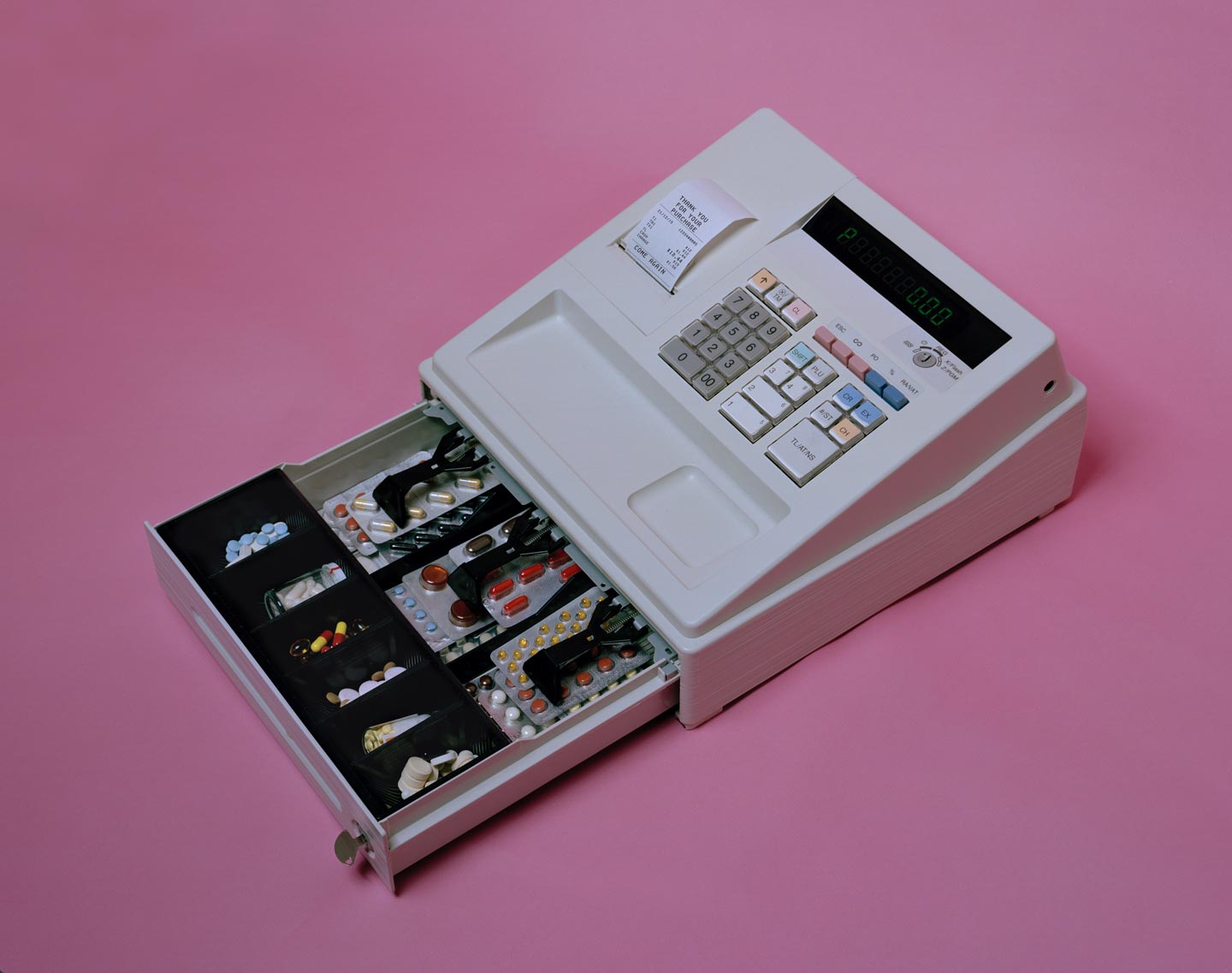
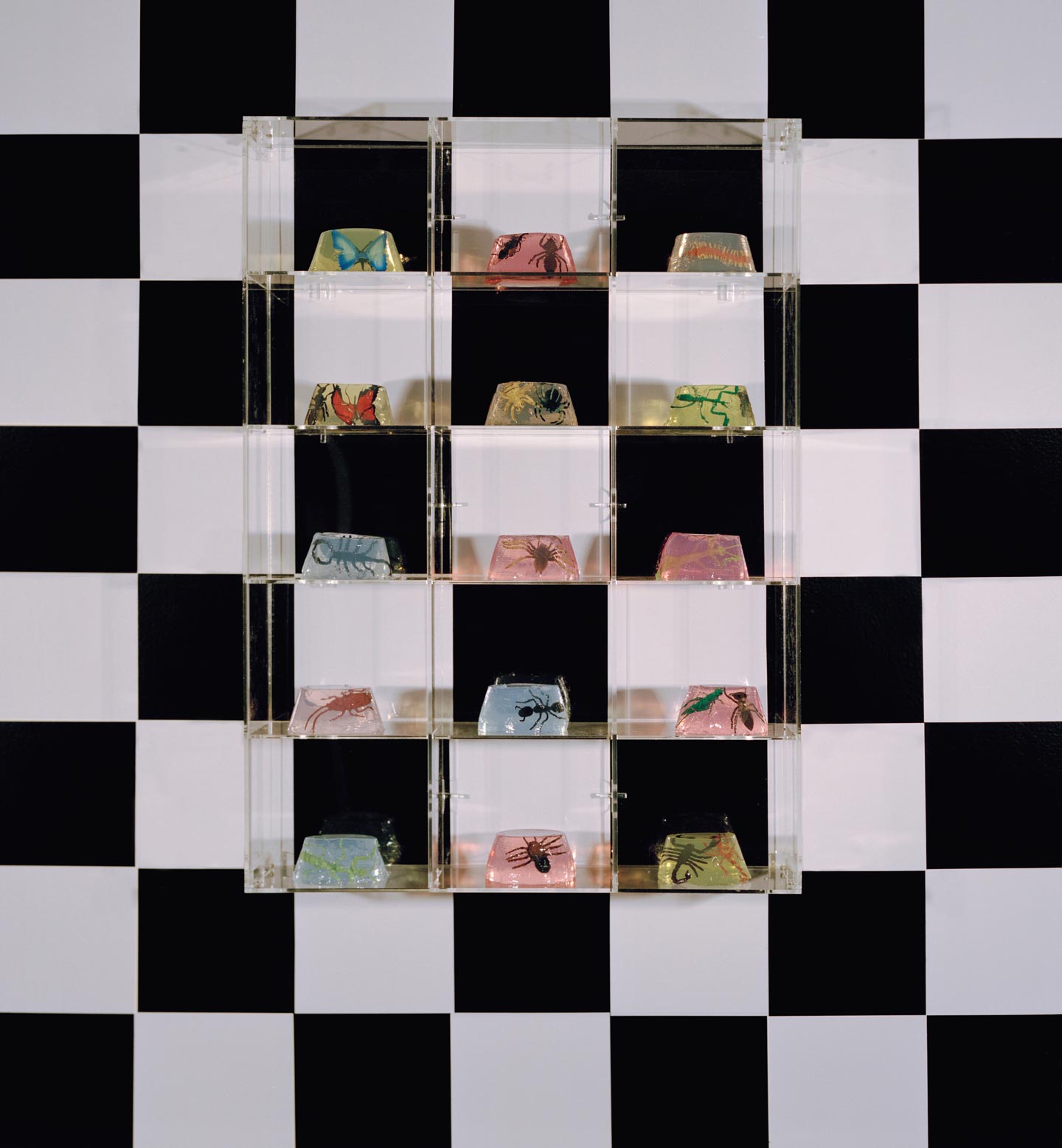
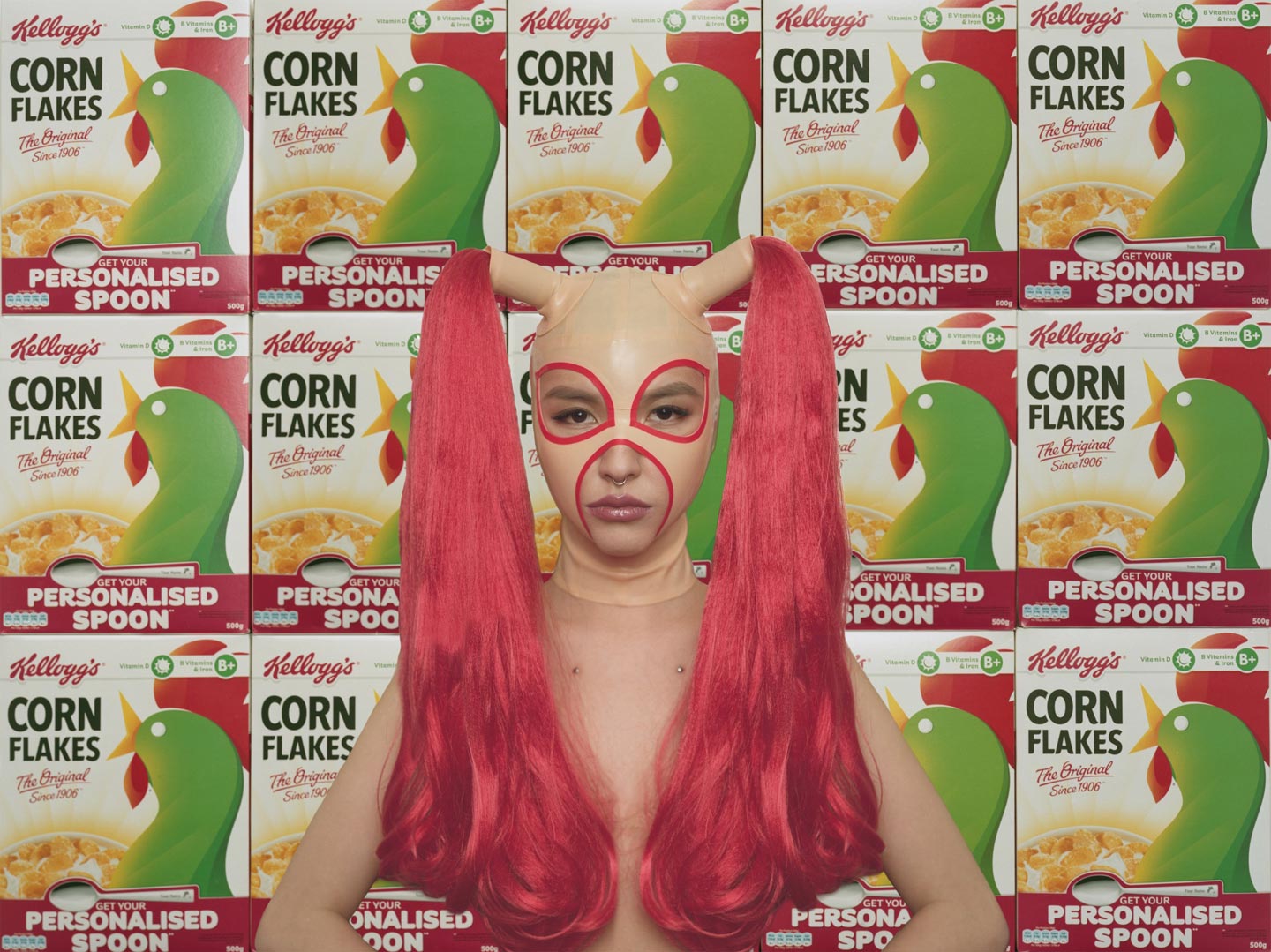
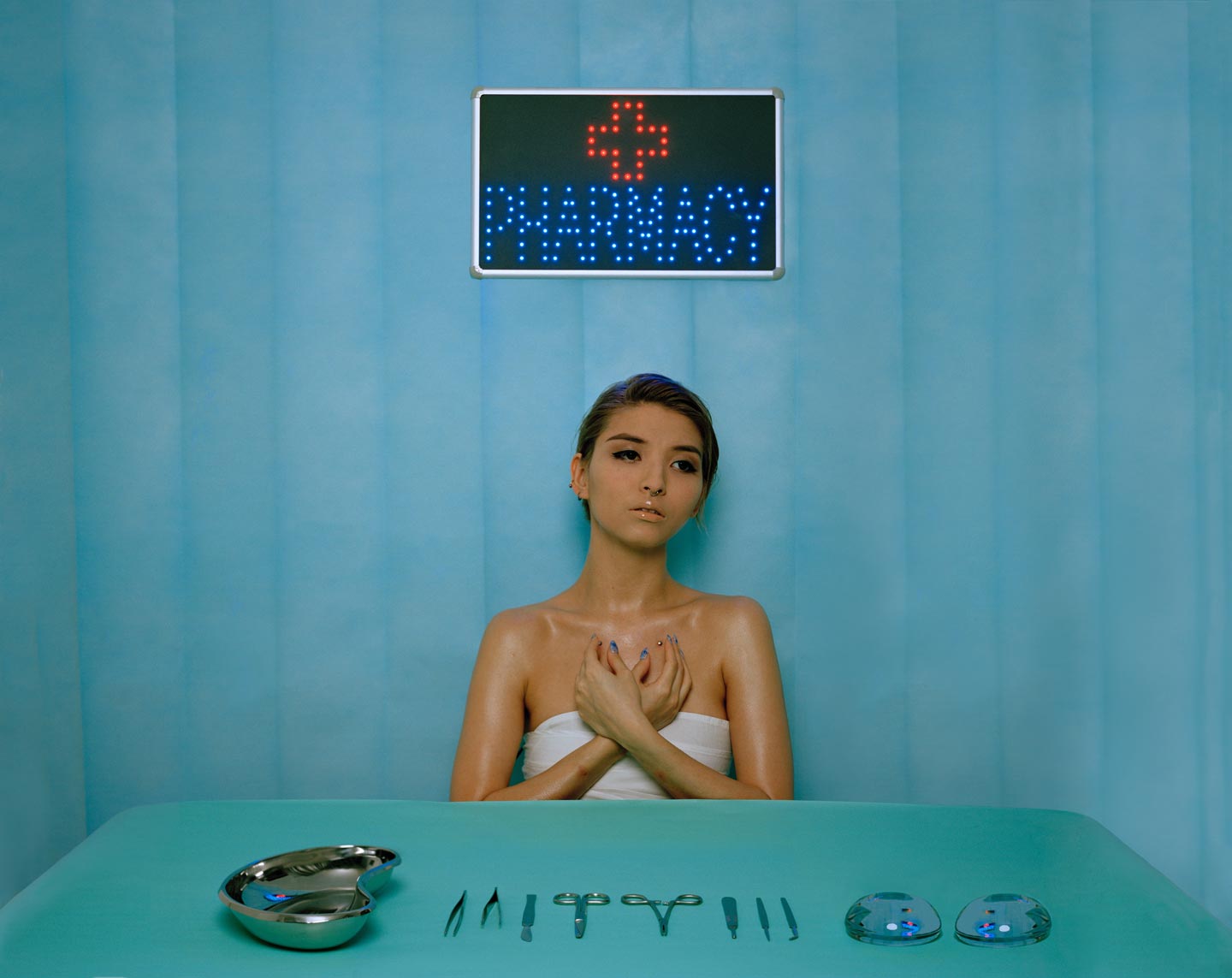
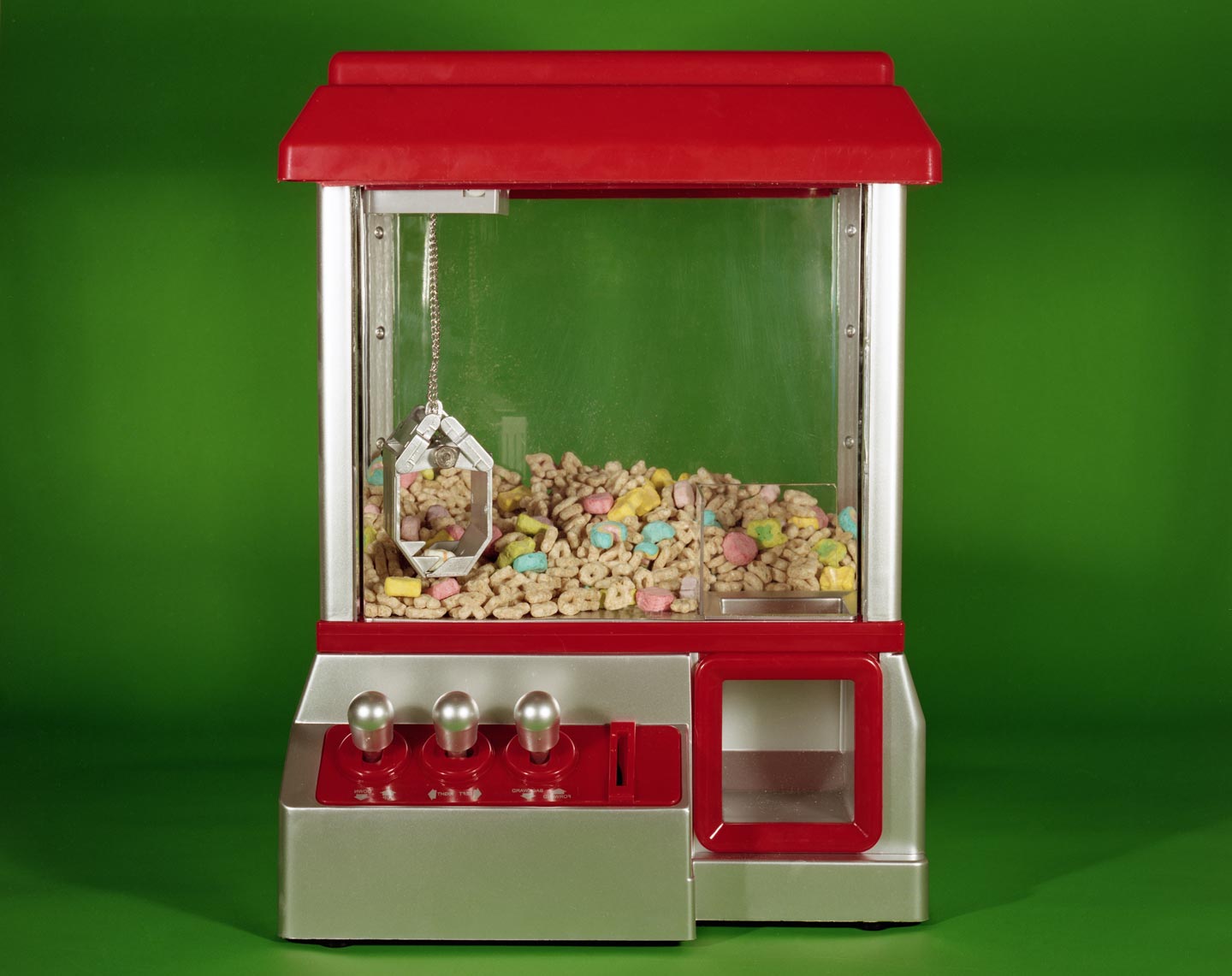
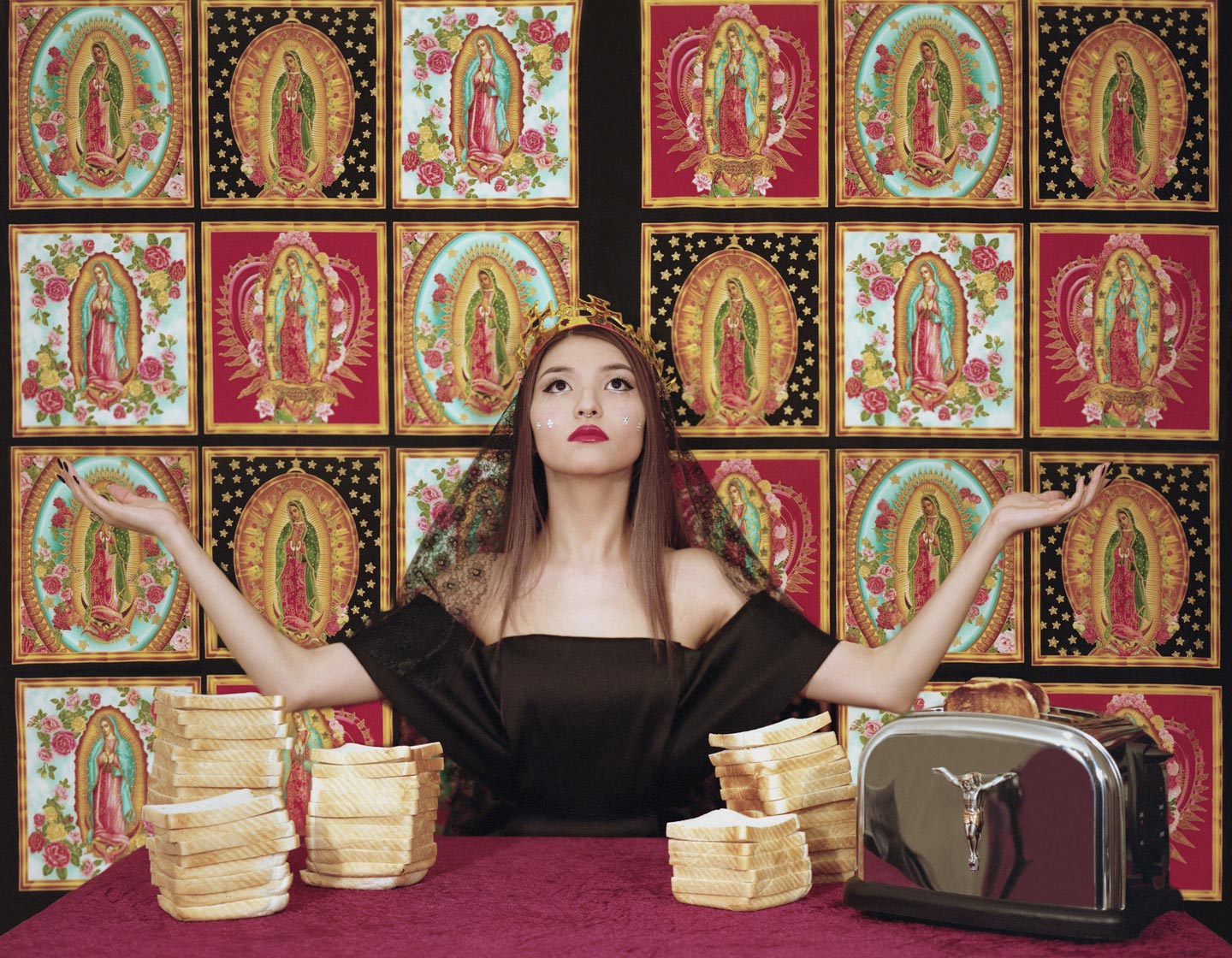
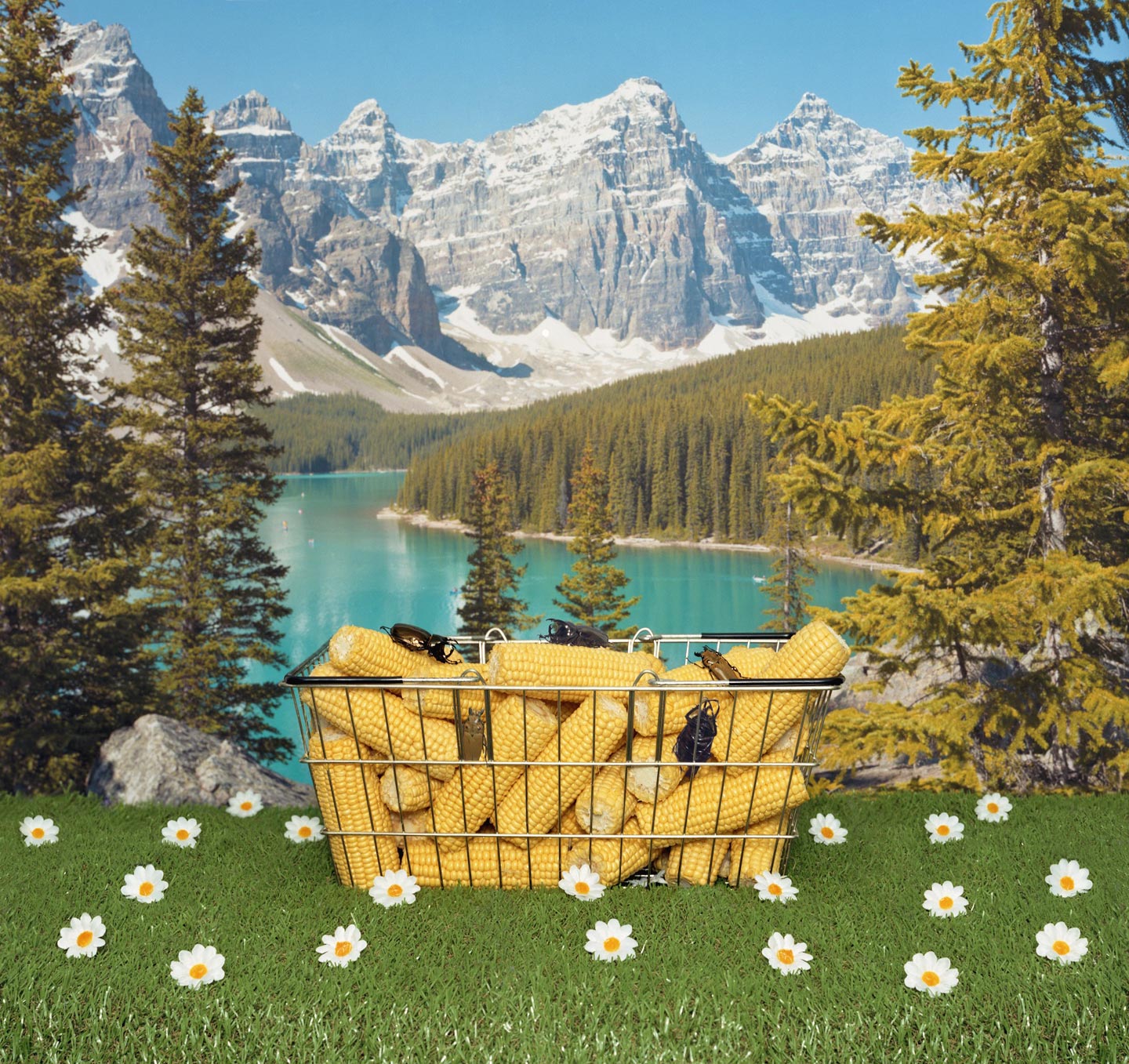
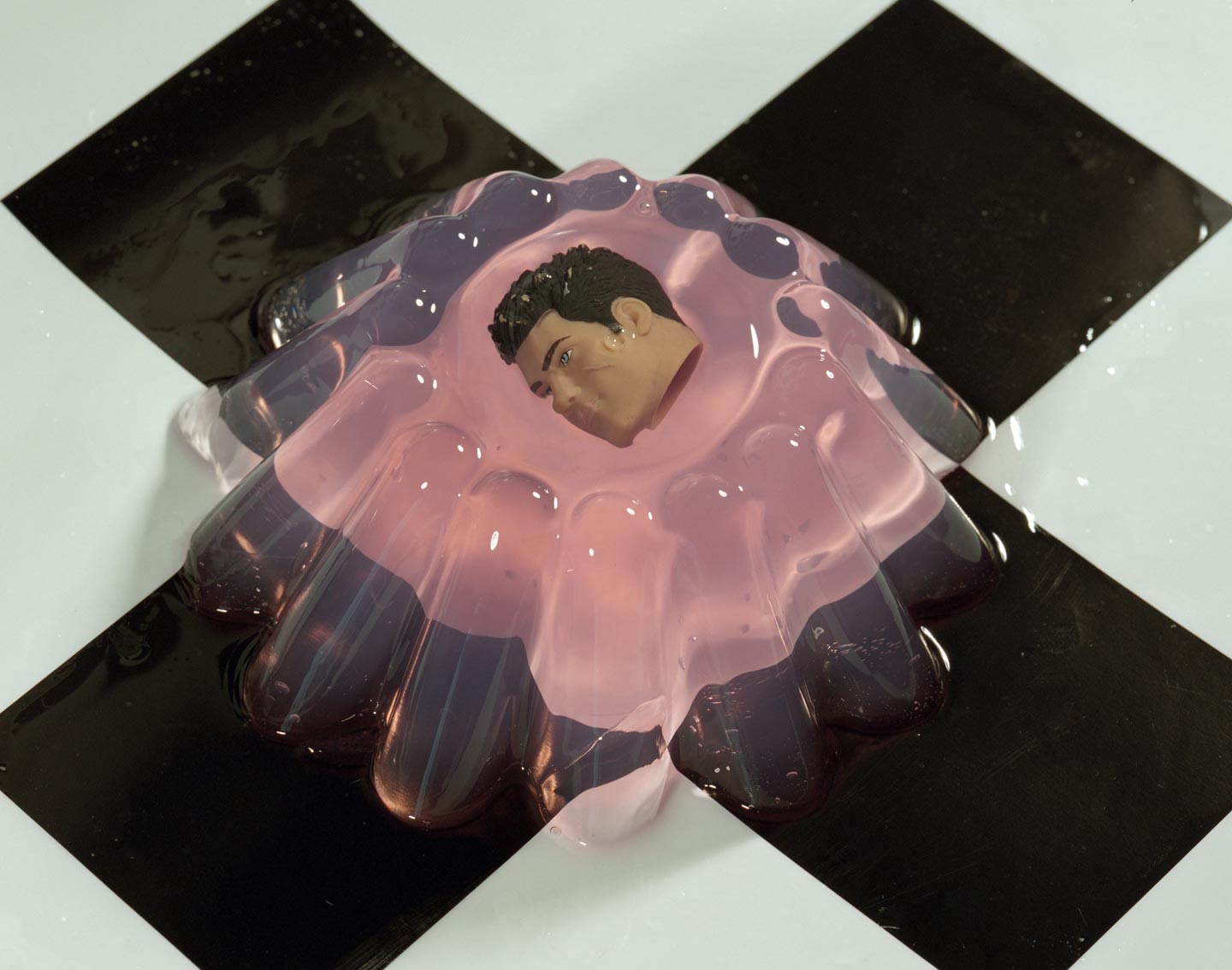
Photographers Bakhtiyar Berkin and Mika Barny, both 24 years old and based in London, discuss Trivial Freedom, a conceptual art series that investigates consumer culture through a set of constructed scenes inspired by common advertising cliches.
Hello Bakhtiyar and Mika, thank you for this interview. What are your main interests as photographers?
Our main interest is building sets. We view our art as installations and we use photography to document it.
How long have you been working together, and how was your collaboration born?
We have been working together for the past two years. Our collaboration started from our mutual passion for art – by sharing ideas and past experiences we established that we have very similar aesthetics. Working together happened gradually and organically: at first, we did several images together; being very pleased with the process and the results, we decided to create a series together.
Our collaboration represents an ongoing dialogue between the two of us. We like to reflect on our past in order to create work that echoes with our own perception of reality, that reflects our relationship with each other and with the rest of the world. Working as a duo feels more natural and productive to us. Moreover, it is nice to share this fantastic experience with a likeminded person. We divide work equally and respect each other tremendously.
Please introduce us to your series Trivial Freedom.
Trivial Freedom is a series of large format film photographs that represents the effects of advertising and modern consumer culture on our society – consumers are bombarded by adverts and subliminal messages. They buy goods to replicate “the dream life” that was imprinted into their subconscious mind in the belief that buying things will make them happy. If you are already happy, you need to buy more to be happier. This is by far one of the most influential breakthroughs of consumer science. So we decided to create a series dedicated to modern consumerism. We built sets that satirise people’s relationships with consumer goods. In our photographs, we want to explore the consumer’s unconscious, irrationality and perpetually changing desires.
What inspired Trivial Freedom, and what was your main intent in making this project?
The Trivial Freedom series was inspired by Edward Bernays’ application of propaganda techniques to marketing. He used Freud’s ideas about the Self and applied it to the formation of opinion-shaping methods. These methods were used by many western corporations and governments. These concepts are still valid in relation to modern consumerism. Modern businesses manipulate people into thinking that buying increases their self worth. Essentially, your new Adidas tracksuit tells you that “Impossible is nothing”, whereas your Nike shoes command you to “Just do it”; you buy a new iPhone because you feel the urge to “think different”; by opening a Coca-Cola you can “open happiness”. Our main inspiration was the fact that at the heart of consumer culture lays the crude idea of self-validation and self-promotion. In our work we want to explore consumerism as a natural phenomenon.
Can you describe your creative process behind conceiving the images that belong to the Trivial Freedom series?
Our process starts with conceiving an idea or mood that we want to replicate in our photographs. After that we start looking for objects that we are going to use in our sets. The objects that we use in set building are often unwanted, abandoned and very cheap. Transforming these unwanted objects into something that conveys greater meaning and serves new purpose is a philosophical process for both of us, similar to recycling as it gives objects new life. The next step is documenting the sets that we build. We find photography to be the best tool to do so because it has no constraints: it can be printed to different sizes and on different surfaces, and it can be shown on a wall or a computer monitor. The possibilities are endless.
How do you hope viewers react to Trivial Freedom?
We hope that viewers will understand the humour and the satire in our images; that our work would make them think and maybe reevaluate their own consumption patterns. In our art we are not criticising consumerism – on the contrary we use irony as a way to attract the viewers’ attention and make them think. We hope they can look beyond the aesthetics and search for the deeper meaning.
Did you have any specific references or sources of inspiration in mind while working on Trivial Freedom?
We are very inspired by advertisements, informercials and tv shops. For example, our piece Basket of Corn was inspired by a cereals ad – advertisements for cereals usually feature countryside scenes of green grass and blue sky. It leaves the viewer with an impression of wholesomeness. It is presented as something healthy and organic, but the truth is those products are packed with GMOs and refined sugar and high fructose corn syrup. So in the photograph we decided to replicate such commercials, but used plastic for everything – the grass, the flowers, etc.
What have been the main influences on your photography?
We are influenced by old films, such as Stanley Kubrick’s 2001: A Space Odyssey and Ridley Scott’s Alien. Back in the day before CGI was introduced, film sets used to be built from scratch, which is why 1960s and 70s films still look amazing today. We want our work to be timeless. We believe that the key to achieving that is to fully control the process and use minimum technology. We build our sets from scratch, and shoot our images on analogue film cameras. We develop, scan and print everything at our studio and we use Photoshop only for color correction.
Who are some of your favorite contemporary photographers?
Becky Beasley, Charlie White and Thomas Demand.
Choose your #threewordsforphotography.
Detail. Color. Mood.
Keep looking...
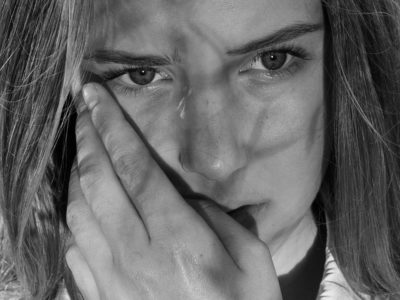
42 Wayne — Jillian Freyer Has Her Mother and Sisters Perform for the Camera

Catherine Hyland Captures the Touristification of China’s Barren Natural Landscapes
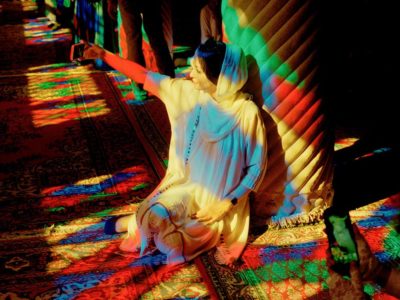
Ten Female Photographers You Should Know — 2020 Edition
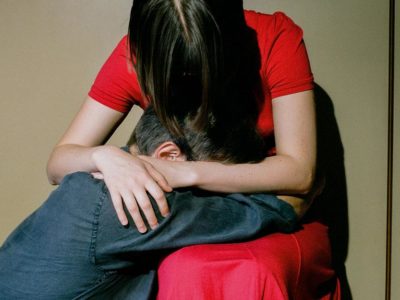
FotoFirst — In Love and Anguish, Kristina Borinskaya Looks for the True Meaning of Love
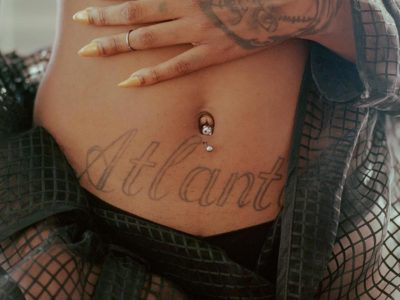
Vincent Desailly’s Photobook The Trap Shows the Communities in Atlanta Where Trap Music Was Born
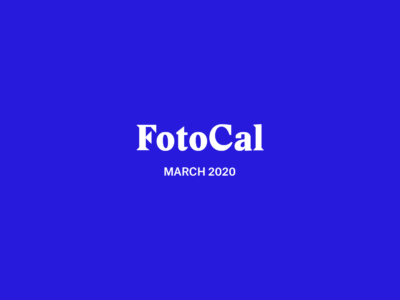
FotoCal — Photography Awards, Grants and Open Calls Closing in March 2020

Louis Heilbronn Uses Portraits, Theatrical Images and Drawings to Explore How a Myth Is Created

